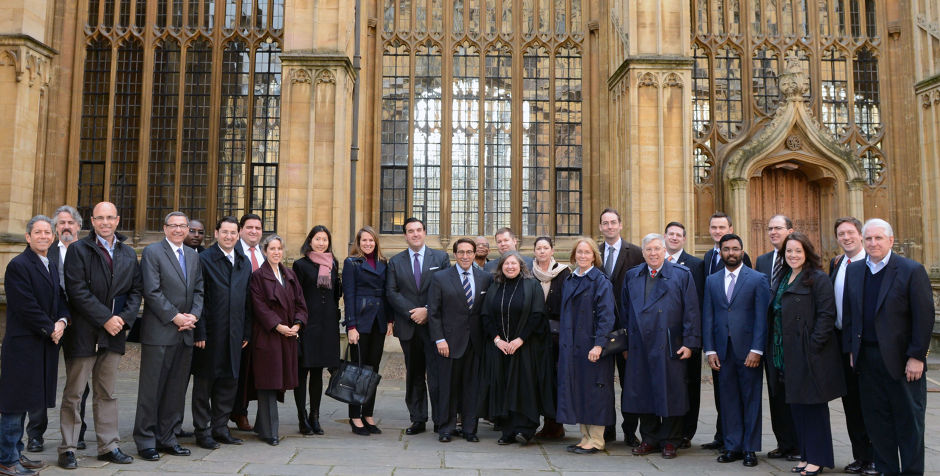Turkey’s Dangerous Flirtation with Radical Islamic Militants
As the Middle East is in turmoil and the global Church faces some of the worst religious persecution in history, the ACLJ continues its engagement through our newly established Centre.
Recently, I had the privilege to participate in a Symposium on Persecution, Peace, and Reconciliation held by the Centre in the facilities of Harris Manchester College of the University of Oxford. The Symposium was held from March 26-28, 2015, in which attorneys from the ACLJ and our global affiliates, a Turkish Member of Parliament, and representatives of the Ecumenical Patriarch of the Greek Orthodox Church presented on a wide range of topics related to the Republic of Turkey. Turkey plays a key role in the region, but the resurgence of Islamist rule in Turkey presents a unique danger, from the fight against ISIS to relations with Isreal. Baroness Berridge from the House of Lords also addressed the group and stressed the importance of the need for advocacy against religious persecution.
I also had the privilege of presenting my paper: “Turkey And Its Relationship with Radical Islamic Militants.” Turkey today is at a similar place where Pakistan (my home country) was about thirty years ago; i.e., Turkey is on the path of Islamization. Although Istanbul, Turkey, was once the seat of the historical Islamic Caliphate, Turkey was secularized after WWI by Mustafa Kemal Atatürk. After Atatürk died in 1938, however, Islamic political parties started to emerge in Turkey. These parties advocated for the institution of Sharia Law in the country. While all of these parties were either banned by Turkey’s Constitutional Court or the Turkish military, the current ruling Justice and Development Party (AKP) has been able to gain and keep political control of the country for the last decade. Further, Turkey has imprisoned secular military officials, indicating that the Turkish military that has guarded the country’s secular identity for almost half a century has been neutralized.
With the continuing Islamization, Turkish President Erdoğan’s “New Turkey” is developing relationships with terrorist groups like Hamas, which has been one of the major causes of Turkey’s deteriorating relationship with Israel. Turkey, a NATO member, does not consider Hamas a terrorist group. Further, reports have emerged that Turkey may have been helping the Islamic State (ISIS) terrorists fight against the Kurdish community. Turkey has also been reluctant to fight against ISIS.
The symposium was a critical step in creating a dialogue between ACLJ attorneys and global partners against religious persecution and providing valuable insight to analyze the political climate in Turkey and the role it is playing internationally. It became crystal clear that Erdoğan and his party are pursuing a decades long plan of becoming a leader of the Muslim world—in effect, going back to Turkey’s Islamic Caliphate roots.
Through this ongoing dialogue with key leaders, the ACLJ’s new Centre is filling a pivotal role in the fight to defend persecuted Christians around the world in the face of jihad and radical Islam.
